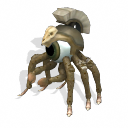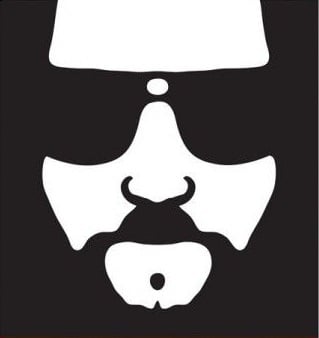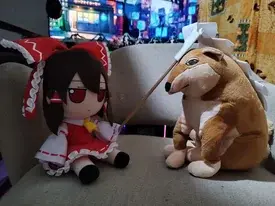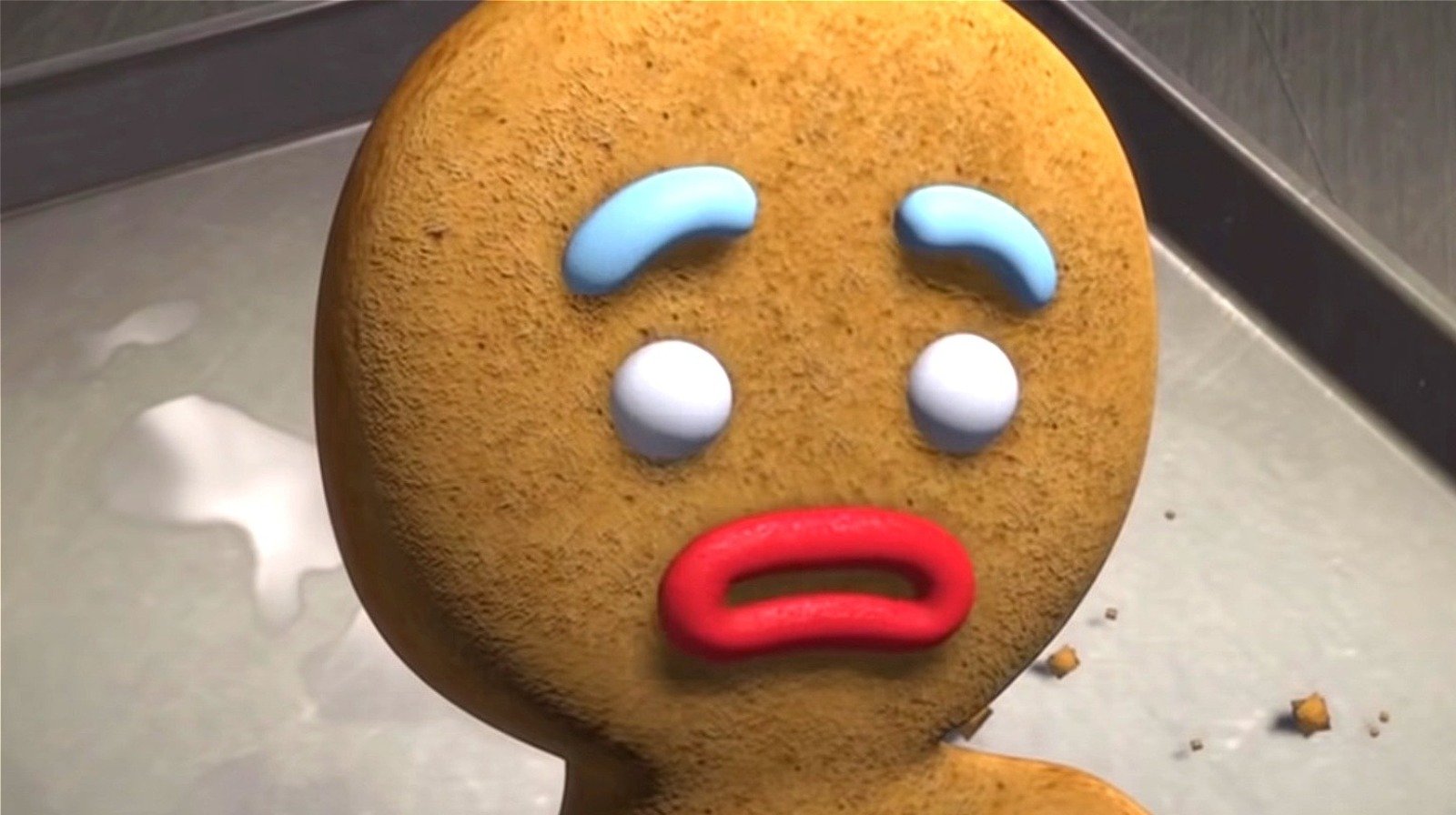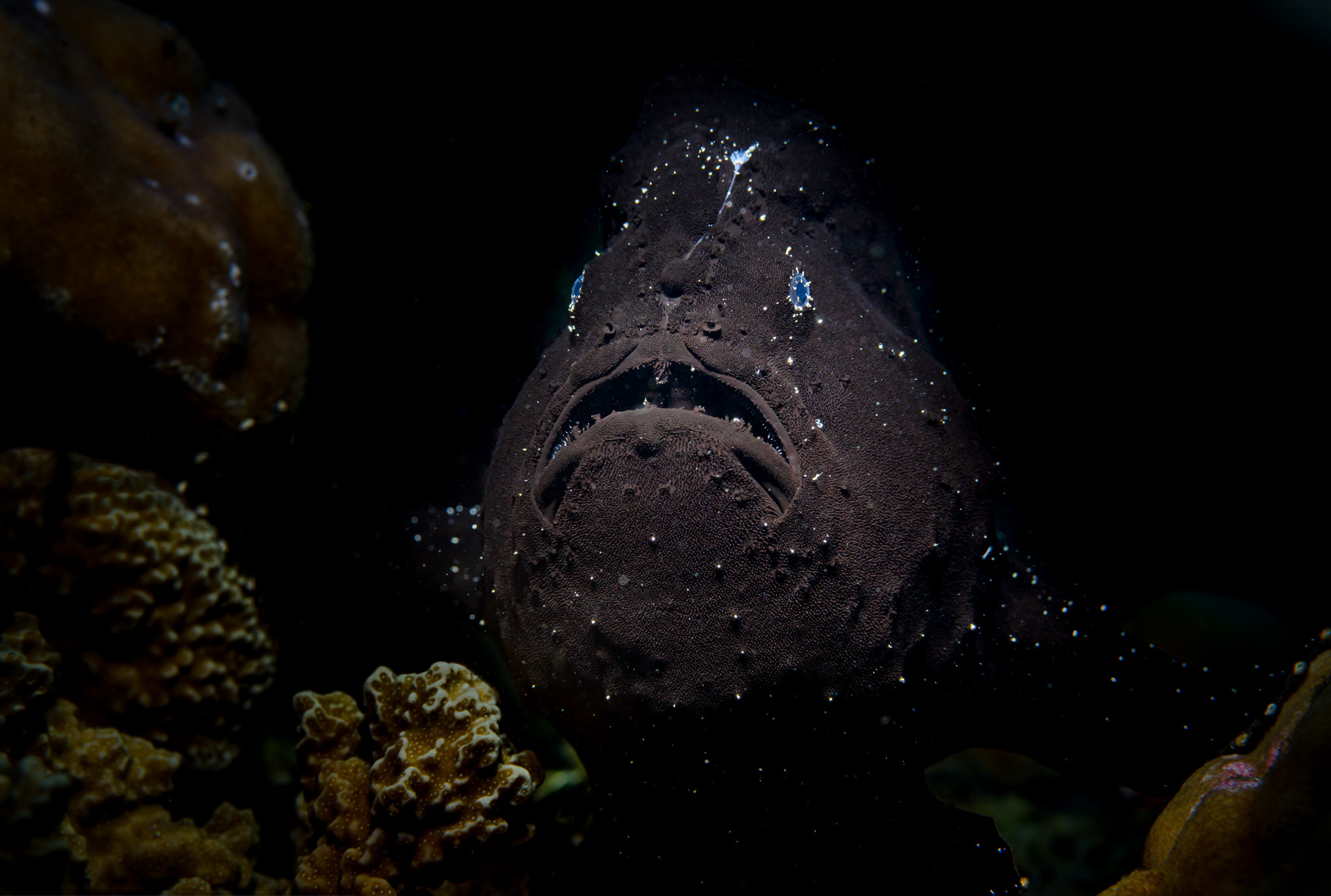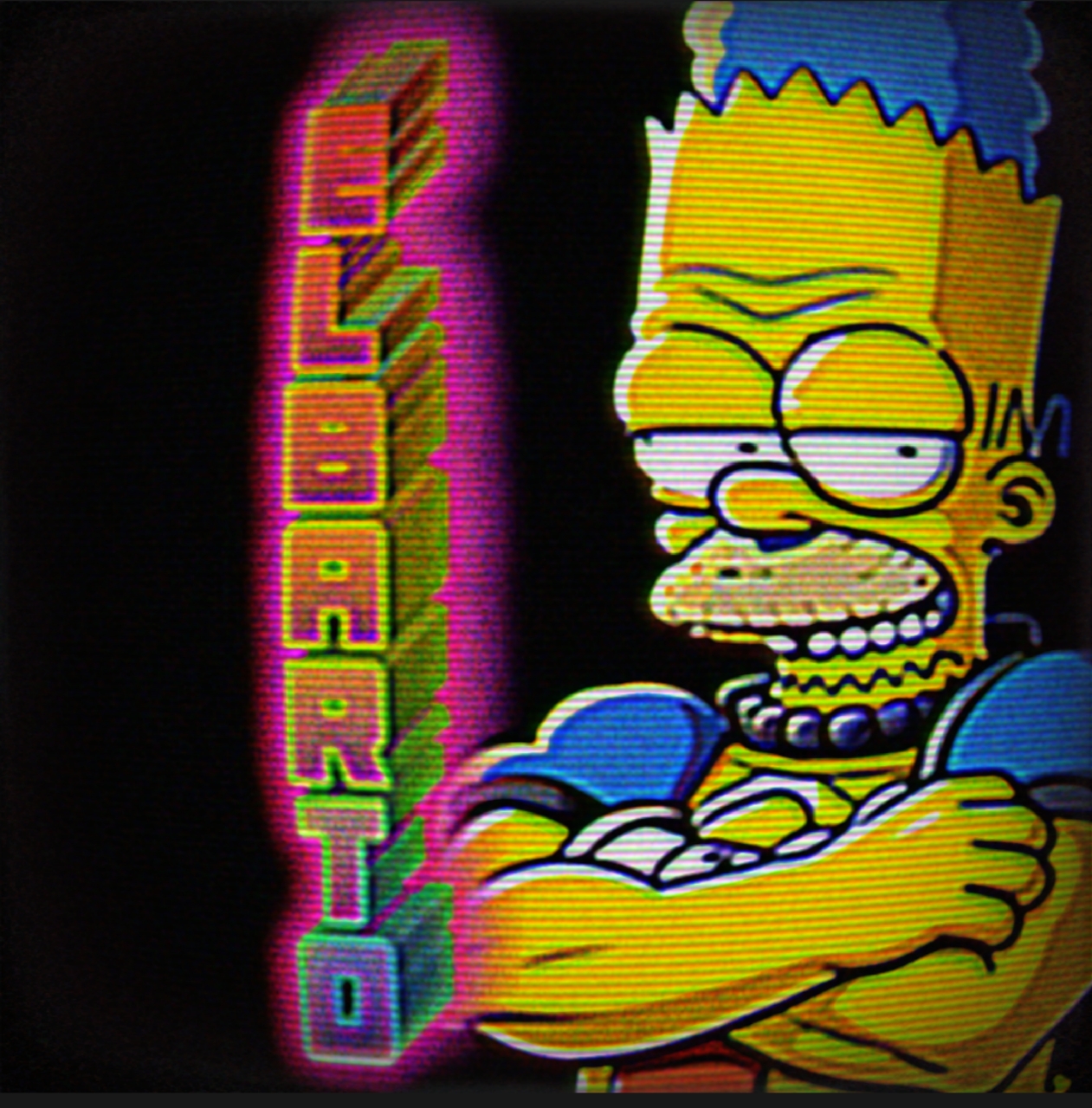Serious answer. TNG has a lot of shit like this. Leftover plot hooks that completely lack follow-up. Far too many to wrap up in one season of modern prestige TV.
It’s just how TV was back then. You wrap the story up in 45 mins. Maybe some things get revisited, if the writers and producers don’t forget about them and the actor is available. Serialized stories were the exception not the rule back then.
Honestly I feel like this makes the Star Trek universe seem bigger. Every character has a lot going on and not everything that happens to them revolves around one storyline. There’s a whole galaxy out there full of things constantly happening! A lot of these would be followed up in books. Iirc it’s mentioned in one that Worf and Jeremy exchange letters regularly and he does visit on occasion. We just accept that this happens off-screen because Worf has a life beyond the brief glimpses into it we see. Modern TV is too tidy, with everything tied to one or two storylines and everything being wrapped up tidily with maybe one or two cliffhangers. It makes fictional settings cough Star Wars cough seem small and insuler.
This is probs one of the reasons Star Wars always felt like a small galaxy cpompared to Star Trek. Everyone was so easily linked, found and plots tied up that it made it feel small.
I feel like the Force was also supposed to be bringing people together. I mean, Luke went to Dagobah, an entire fucking planet, and ran into Yoda within a few minutes of landing with 0 visibility in a swamp.
I’ve noticed that in a lot in sci-fi, writers just forget/hand-wave how huge planets are. Star Wars has an excuse that allows for more suspension of disbelief than with other series.
same thing happens with time, the standard example being how bethesda thinks 200 years is actually about 50 years.
like no, people aren’t going to be living in mostly-intact buildings 200 years after the apocalypse, that shit is going to be worn to hell and covered in plants. Like if you’ve ever walked through a european forest you’ve probably found some old stone ruins covered in moss, THAT is what 200 years of time looks like.
IMO Fallout 3 had it’s time frame shifted at some point in its development. I mean take Little Lamplight, it’d make sense if it were 5-10 years after the war, as would all the relatively pristine ruins everywhere. It’d also explain why getting fresh water was such a urgent priority… despite the wastelanders managing without for 200 years.
However, I’m guessing the “less then a decade after the war” didn’t square with the aesthetic and lore they wanted to do, so the time frame of the game shifted several centuries forward, leaving odd bits of “just after the war” lore and set pieces.
Apparently the time frame was shifted to shoe-horn the Brotherhood of Steel into the game. Originally their roles was going be filled by just the reminants of the national guard or something. Needed that brand recognition!
that doesn’t explain why fallout 4 is more of the same
The plants were mostly burned away and irradiated in fallout.
except there’s clearly living plantlife in fallout 4 lol, and regardless a lot of stuff would survive and repopulate, plants like moss and lichens are pretty much unkillable on a large scale.
You last sentence has filled me with more envy than you can imagine. I hate you a little bit now ;)
Very good point Kojak.
Modern TV is too tidy, with everything tied to one or two storylines and everything being wrapped up tidily with maybe one or two cliffhangers. It makes fictional settings cough Star Wars cough seem small and insuler.
Well put.
TV before streaming (notably the last ten years), episodes stood alone. You may get a little continuity in the characters, but not in story arcs.
This made it all a (as you put it so well) a “glimpse into each character’s life”, leaving the viewer the opportunity to ponder “what else is/could there be”, which I find far more satisfying than having the answer provided for me.
I must say, I see this as significantly a generational difference (with some personality difference in there too, I know a few boomers who like the tidy story approach).
I agree, but one must also consider the nostalgia element, and that maybe that generational difference can be attributed to that to an extent
Modern TV is too tidy, with everything tied to one or two storylines and everything being wrapped up tidily with maybe one or two cliffhangers. It makes fictional settings cough Star Wars cough seem small and insuler.
Interesting point!
I think a big part of this is because of the internet. Nowadays, if the writing isn’t 100% polished you will get people screaming loudly about inconsistencies, plot holes, or hooks left hanging and I’m sure this has an impact on the showrunners.
That said, I think you can have highly professional/polished writing, and still make the universe seem big and complex. The high quality dramas (Sopranos, etc.) have shown this. Not something Star Trek has every really been good at though.
I think late DS9 and now SNW balance it well enough. You just have to mix episodic and serialized story-telling. I agree on the Internet being a problem though. Can you imagine if something like cinimasins was around nitpicking TNG when it was on air?
Note Jeremy died on his way back to Kronos

Amazing
Well made good lad
Yayyyyyy Jeremy’s dead!!! krusty the clown laugh
chef’s kiss
deleted by creator
Damn Worf. Your adopted son and your son son.
Dropped the father ball twice, mad respect!
Dropped like a barrel on his fucking spine.

AS KAHLESS AS MY WITNESS HE IS BROKEN IN HALF!!
I remember wondering what happened to him but he never came back
Dang serialized TV where everything has to go back to normal after every episode got to him.
Another reason I never get invested in the romance.
Shh, we dont talk about Jeremy.
I always kinda assumed he probably went back to live with some family members. I don’t think the Enterprise is gonna let a kid just live alone in his own apartment.
Picard barely likes kids being on his ship with families, there’s no way he didn’t throw him on the first transport back to earth and kept on cruising.
Removed by mod
That was my first thought too!
The young villian character ‘Hob’ from Robocop 2
https://villains.fandom.com/wiki/Hob
Thank god there are still ancient ones who remember that.
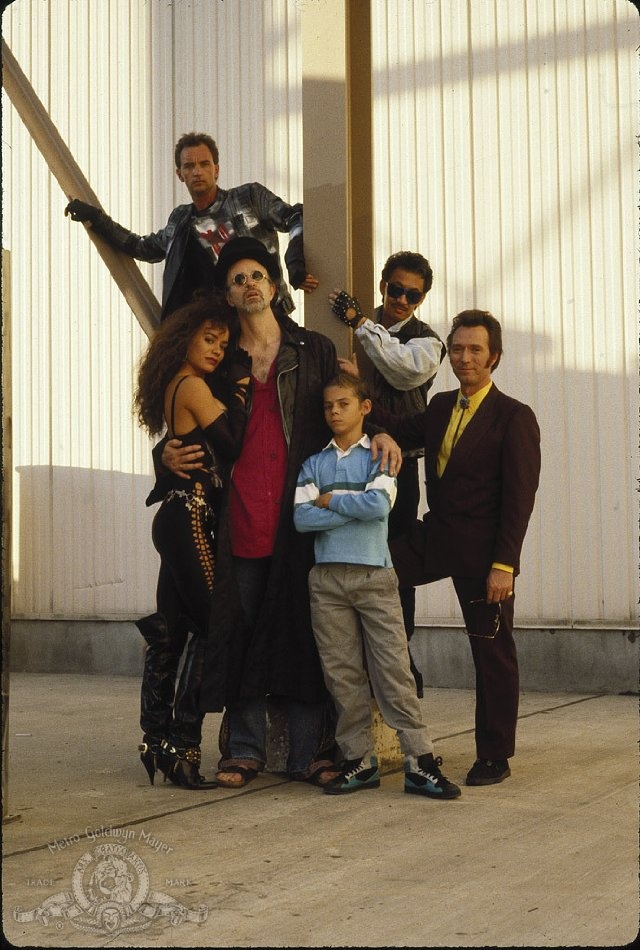
Holy shit, I knew I’ve seen him somewhere before!!! He was the little drug dealing brat!!!
Awesome sequel by the way! I don’t care if many people give this movie shit, it’s great!!
deleted by creator
Ad Aster per aspera!
(I’m fairly certain that’ll be my best Latin pun of the day.)
Nice
Didn’t he go back to Earth to live with his human relatives? My guess would be that Worf would be his eccentric uncle/cousin who came to town every now and again to take him hunting and tell him war stories. Plus the Rozhenkos are on Earth, so I’d imagine Worf would ask that they keep in touch with him, too. I bet that, aside from the trauma in this episode, he probably had a pleasant and uncomplicated life on Earth, but he could tell kids at school that he was also a member of a Klingon family and they’d have to believe him or else his Klingon crew would have to show up to defend his honor. That would be rad, imo.
Republicans about to show up ranting about a pizza basement on the Enterprise and shit.


